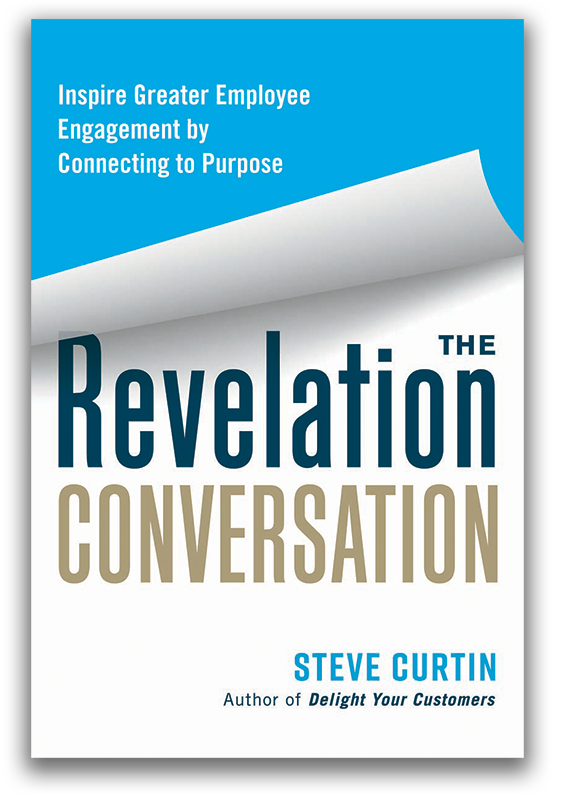 In the 1990s, I worked for a hands-on general manager named Mark Conklin who frequently attended morning pre-shift meetings throughout the hotel.
In the 1990s, I worked for a hands-on general manager named Mark Conklin who frequently attended morning pre-shift meetings throughout the hotel.
At one such meeting in the housekeeping department, I was invited to deliver a short presentation on delighters—those “little extras” that would pleasantly surprise or even “Wow!” hotel guests. During the presentation I asked the housekeepers for illustrations of these delighters. As they provided examples, I captured them on a flipchart.
Their list was impressive, including such unexpected amenities as: in-room coffee makers and safes, complimentary stationery, telephones with multiple data ports, etc. (Keep in mind that this list was created in 1993.) Today’s list might include: complimentary WiFi, upgraded bedding packages and bathroom fixtures, iPod docking stations, etc.
As I was recording the last delighter on the flipchart, Mark posed this question to the group, “How about a clean room?”
He went on to emphasize that, while delighters and service heroics are sexy, are trumpeted by the marketing folks, and often praised by guests, none of the “little extras” will matter if we take for granted the big things. And in a hotel, cleanliness is a very big thing.
The other day, I read something that made me think of that pre-shift meeting so many years ago… I read that today’s customers “expect and demand” social customer service—the interaction that occurs between an organization and its customers using social media channels.
At best, this statement is a reach. What customers really “expect and demand” is for companies to deliver on their brand promises. That may mean a cell phone call that doesn’t drop, an insurance agent who is responsive to a claim, or a hotel room that’s spotless.
A cellular company’s Klout score is a distant concern for a customer who can’t get a signal to make a phone call. The quality of an insurance company’s tweets is insignificant to a customer who can’t reach their agent to file a claim. And the number of “Likes” garnered by a hotel’s corporate Facebook page matters little to a guest who has discovered hair—or worse—between their sheets.
In the same way we had shifted our focus to “Wowing!” hotel guests with delighters at the expense of the fundamentals in the ‘90s, many organizations today have been seduced into believing that social customer service will somehow compensate for their inability to consistently deliver the basics. It won’t.
There is a place for social customer service. It’s just not ahead of fulfilling your brand’s core promise.
What do you think?

